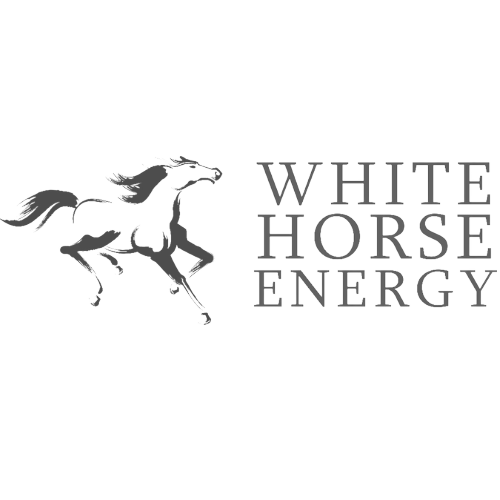Skip to main content
White Horse Energy have secured funding from Department of Energy Security and Net Zero as part of the Biomass Feedstocks Innovation Programme to develop a transportable pelletising technology. This will be deployed at farm level with the capability of processing agricultural residues and perennial energy crops into industrial standard biomass pellets. This produces a high-density renewable energy source, for which the demand is growing substantially because of the need to find alternatives to fossil fuels. A prototype of the mobile pelletiser is currently being developed ready to enter the market.
White Horse Energy hopes to provide farmers with an opportunity to increase farm revenue, all year round, without interfering with existing operations. Due to a lack of domestic production, current UK demand for biomass feedstocks significantly outweighs available supply. Therefore, a large proportion of biomass material is currently imported, which limits the sustainable nature of this energy source. White Horse Energy’s innovation will increase the viability of UK production and provide farmers with the opportunity to diversify into a new UK market, with lower environmental impacts and input costs.
White Horse Energy are keen to engage with farmers during this development stage to understand the issues and concerns within the agricultural industry that affect growers most. This engagement assists in shaping the project to provide a diversification option that contributes positively to both the environment and farm income. Ultimately producing a solution that meets a wide variety of needs for everyone.
With this three-year funding commitment from the UK’s Department for Energy Security and Net Zero, White Horse Energy will partner with Metitron GmbH, a leading engineering company based in Germany, on developing a transportable mobile pelletisation technology able to operate behind the farm gate in processing a range of energy crops and innovative agricultural residues year-round.
Our intention is for this innovation to unlock a significant new supply of domestically sourced, sustainably produced pellets for the UK energy market as it seeks to fully decarbonise. We look forward to working closely with both farmers and end users of pellets across the UK to bolster the UK’s position as a global pioneer in green agriculture and low-carbon technologies.


Recommended Content




